First milestone
Qian said the moon is the first milestone on humankind's journey to exploring the cosmos, adding that China has many lunar exploration plans for the immediate future.
Chang'e 6, scheduled for launch sometime next year, is set to become the first probe to retrieve samples from the dark side of the moon.
In 2026, China plans to launch Chang'e 7 to investigate water resources at the moon's south pole. After this, the nation envisions establishing small bases on the moon. Furthermore, China is aiming for a manned landing on the moon before 2030.
Qian, who is researching the landing site for Chang'e 6, plans to continue obtaining soil samples brought back by the probe. He said he will also try his best to become involved in future national space missions.
Many people in Hong Kong and Macao, such as Qian, are actively contributing to the nation's space exploration efforts.
For example, Macau University of Science and Technology, or MUST, has been involved in data analysis and scientific research for the Chang'e project since 2005.It is the first university in the Guangdong-Hong Kong-Macao Greater Bay Area, or GBA, to be involved in the nation's lunar project.
At the end of 2019, the CNSA announced the establishment of a space exploration and science center at the Macao university to improve the deep level of cooperation between the GBA and international research institutes by using Macao's advantages. In addition, Macao Science 1, the first space science satellite jointly developed by the mainland and Macao, was launched this year.
Meanwhile, Hong Kong Polytechnic University, or PolyU, has made noteworthy contributions to developing hardware to support national space exploration efforts.
In 2013, PolyU collaborated with experts from the China Academy of Space Technology to develop the Camera Pointing System. Despite operating in challenging conditions, this navigation camera was landed on the moon by Chang'e 3 to capture images of the lunar landscape.
The camera was later updated and used again during the Chang'e 4 mission in 2018.
Furthermore, the PolyU team was responsible for developing the device used to sample lunar soil collected by the Chang'e 5 probe in 2020.
That year, PolyU further successfully developed and manufactured the Mars Landing Surveillance Camera, one of the key instruments aboard the spacecraft taking part in the Tianwen 1 mission — the nation's first to the Red Planet.
PolyU also conducted a detailed analysis of the geology and topography of the landing zones for the Chang'e 3 and Chang'e 4 missions, supporting the two probes to find suitable landing sites.
At least three universities in Hong Kong offer undergraduate and master's degree programs for training aerospace personnel, with 100 graduates specializing in aerospace technology each year.
In 2020, selection of the nation's fourth batch of astronauts started, with the process open to applicants from Hong Kong and Macao for the first time. This month, the process reached the final stage, and included several candidates from both cities.
Qian said: "While public attention often focuses on immediate concerns, scientists look farther into the future. Events such as wars, pandemics, climate crises, or outbreaks of superviruses could render Earth inhospitable to life someday, and today's scientific endeavors will contribute to securing humanity's home in the future."









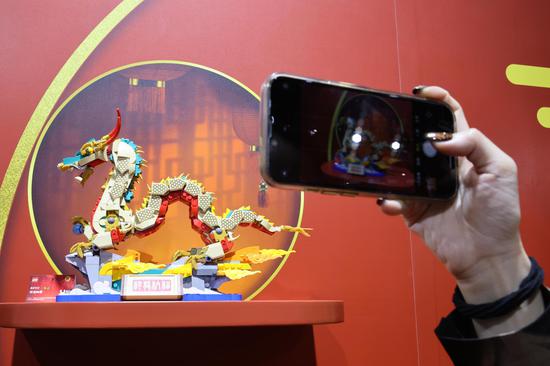
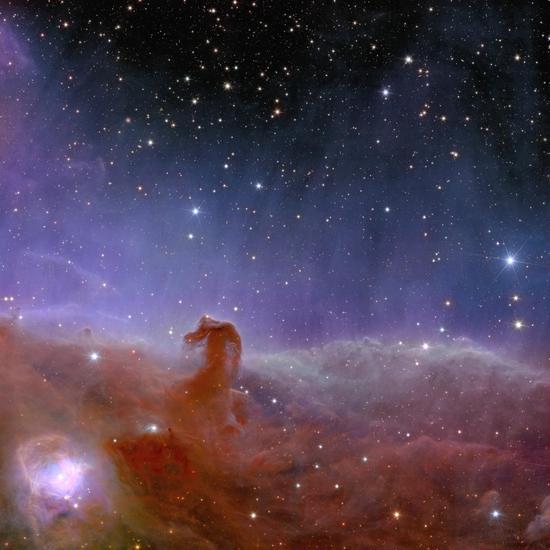
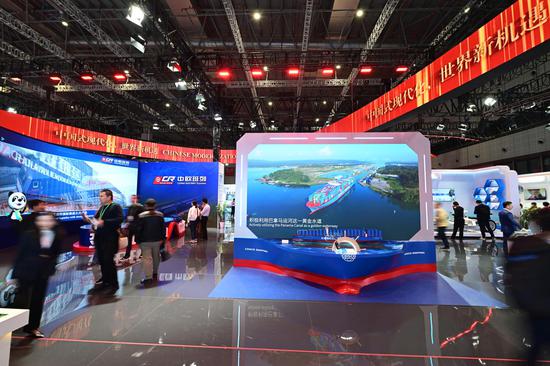
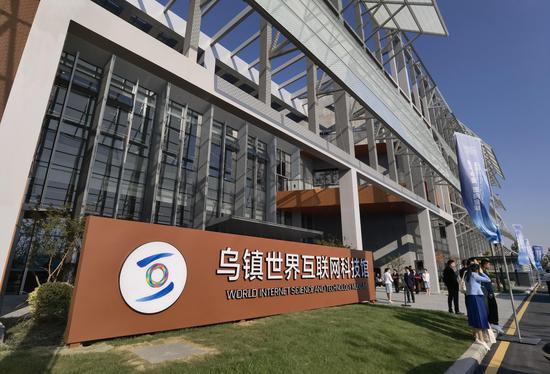
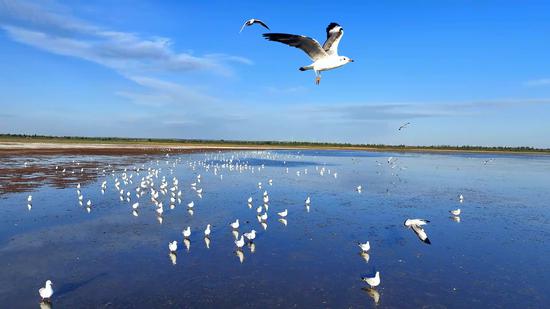
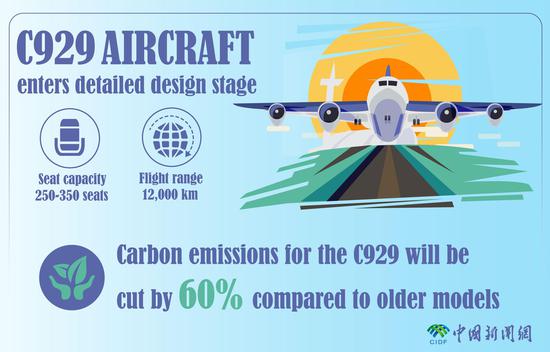
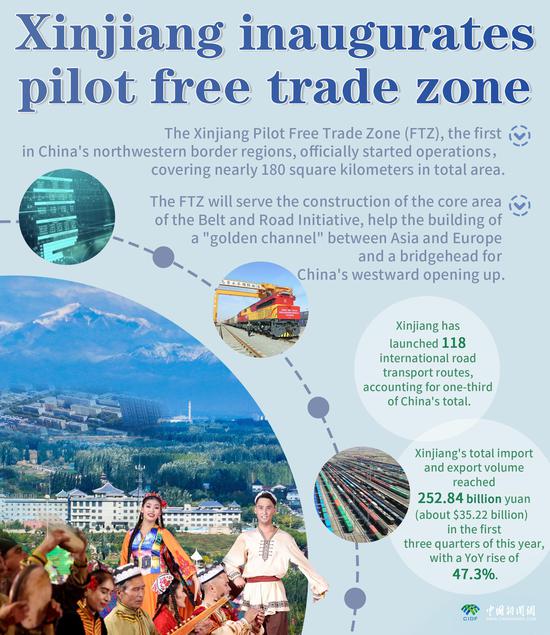


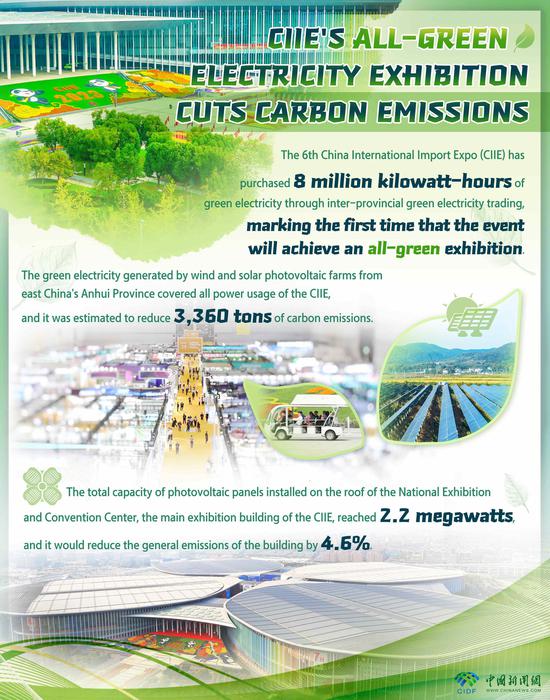




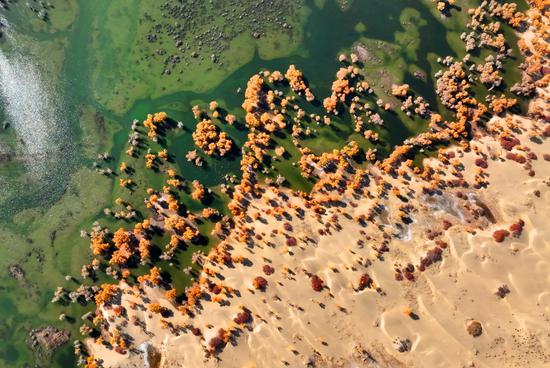

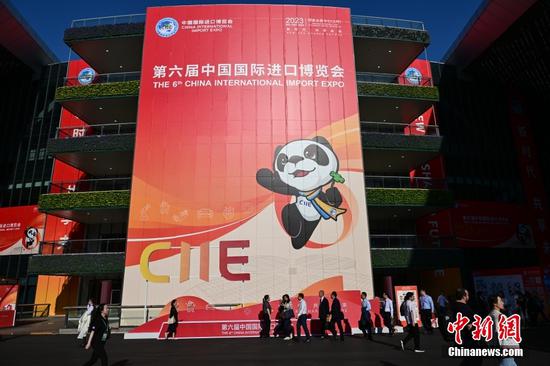


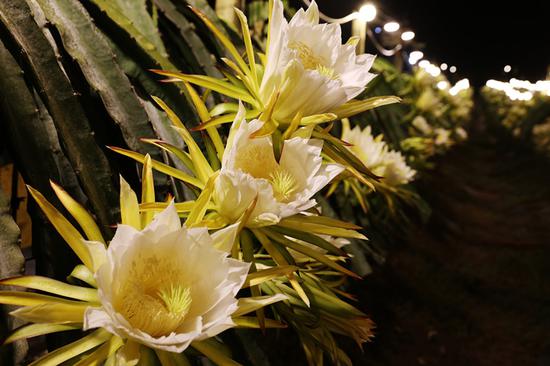
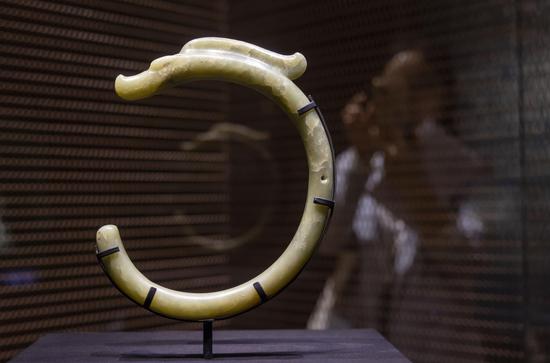
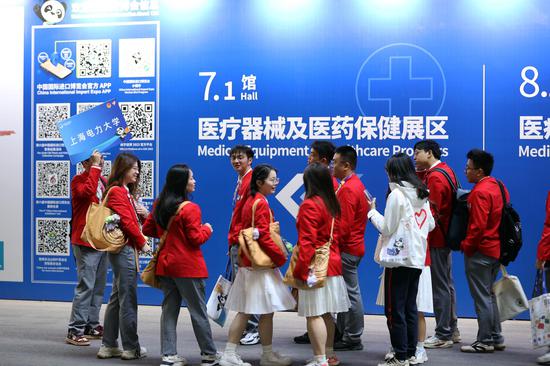
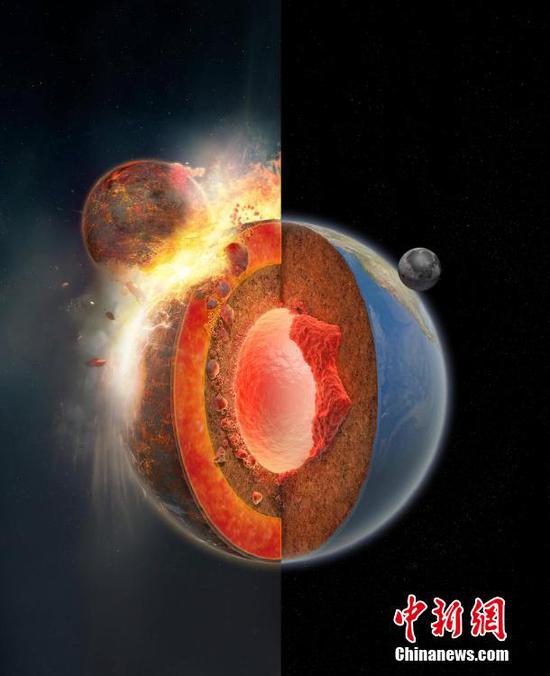
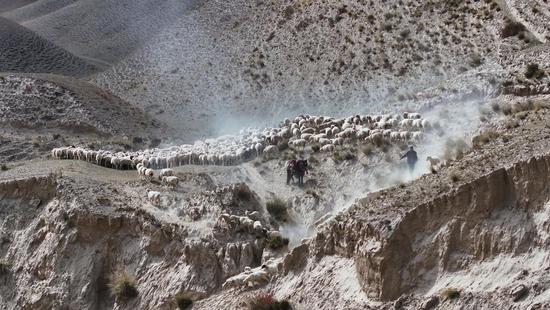
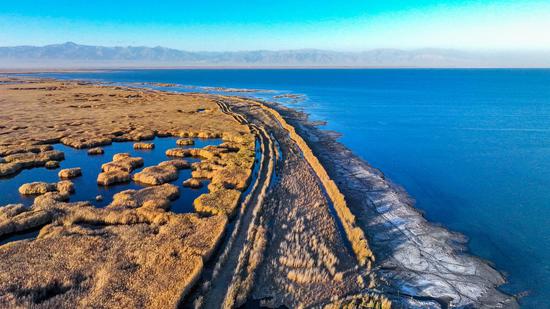
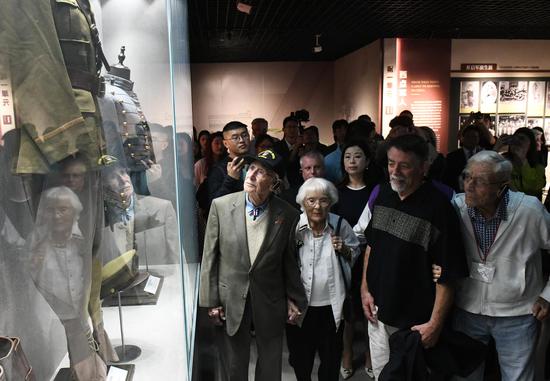
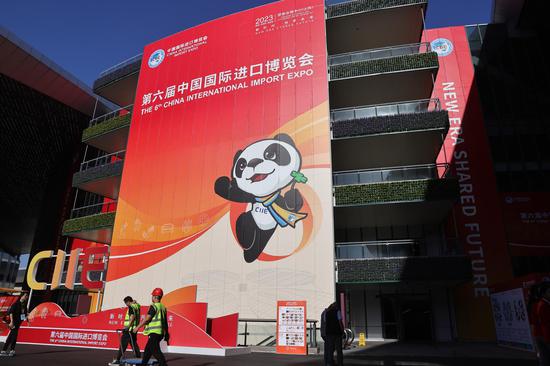



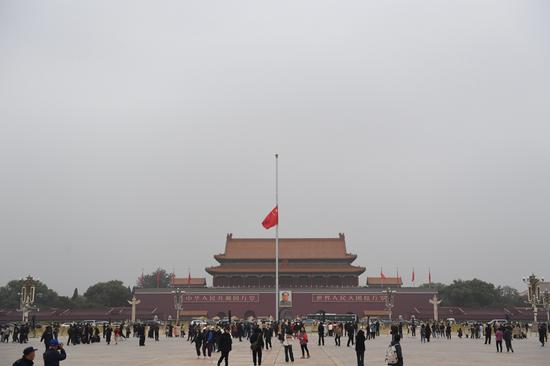
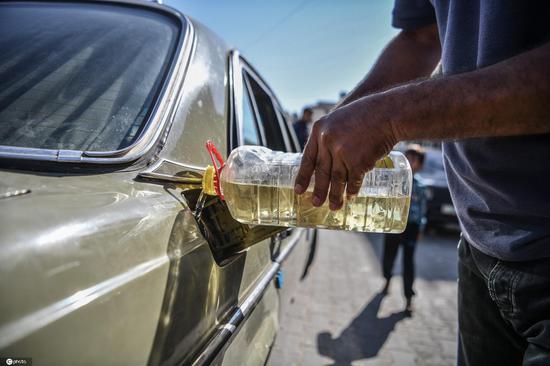
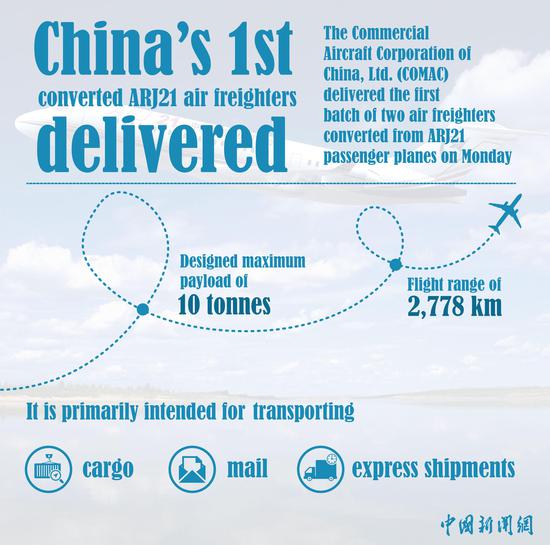
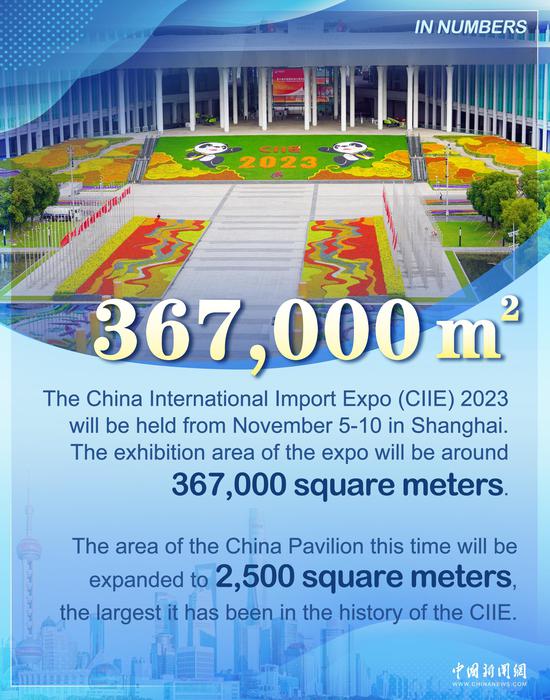
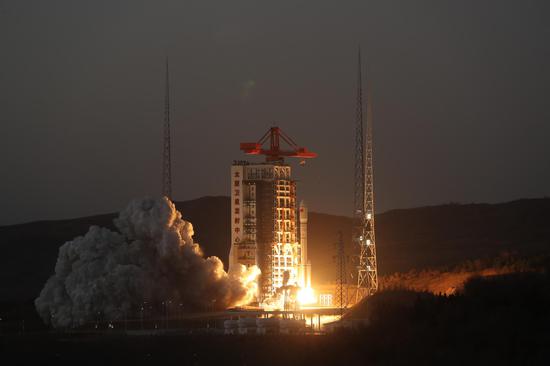
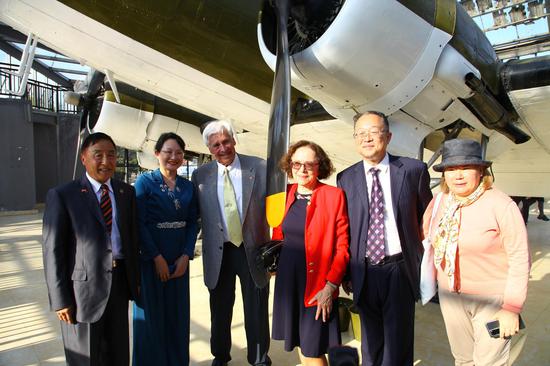





 京公网安备 11010202009201号
京公网安备 11010202009201号